When it comes to evaluating the price of used dump trailers, many factors contribute to their cost, including specifications, condition, location, and market pressures. Knowing these aspects can help businesses and individuals make an informed purchase. This comprehensive guide aims to provide detailed insights into the various elements influencing the prices of used dump trailers.
Key Factors Influencing Dump Trailer Prices
1. Trailer Specifications
Dump trailers come with a variety of specifications that significantly affect their pricing:
- Size and Capacity: Larger trailers with greater weight capacities naturally tend to command higher prices. For instance, a 14,000-pound GVWR trailer generally costs more than a 10,000-pound model.
- Construction Material: Trailers made of more durable materials like high-strength steel generally cost more, but they offer better longevity and resistance to wear and tear.
- Axle Configuration: The number of axles impacts the cost. Dual-axle trailers provide enhanced stability and load capacity but add to the overall purchase price.

2. Condition of the Trailer
The wear and condition of the trailer play a crucial role in determining its cost:
- Age: A trailer that has been meticulously maintained for five years may cost more than a more recently manufactured model showing significant wear due to negligent care.
- Repairs Needed: Assessing any potential repairs or modifications is imperative. A trailer requiring significant maintenance will have a lower upfront price but will lead to additional costs soon after purchase.
3. Market Demand and Location
Market dynamics fluctuate based on regional demand:
- Local Market Trends: In areas with high construction activity, demand for dump trailers typically peaks, potentially raising prices.
- Geographic Location: Costs can also vary widely across different states or regions due to local supply and demand conditions.
4. Brand and Model Reputation
Certain brands and models are synonymous with quality. Established brands often maintain their value better than lesser-known manufacturers. Research into the brand can offer insights into expected longevity and resale value, affecting initial cost considerations.
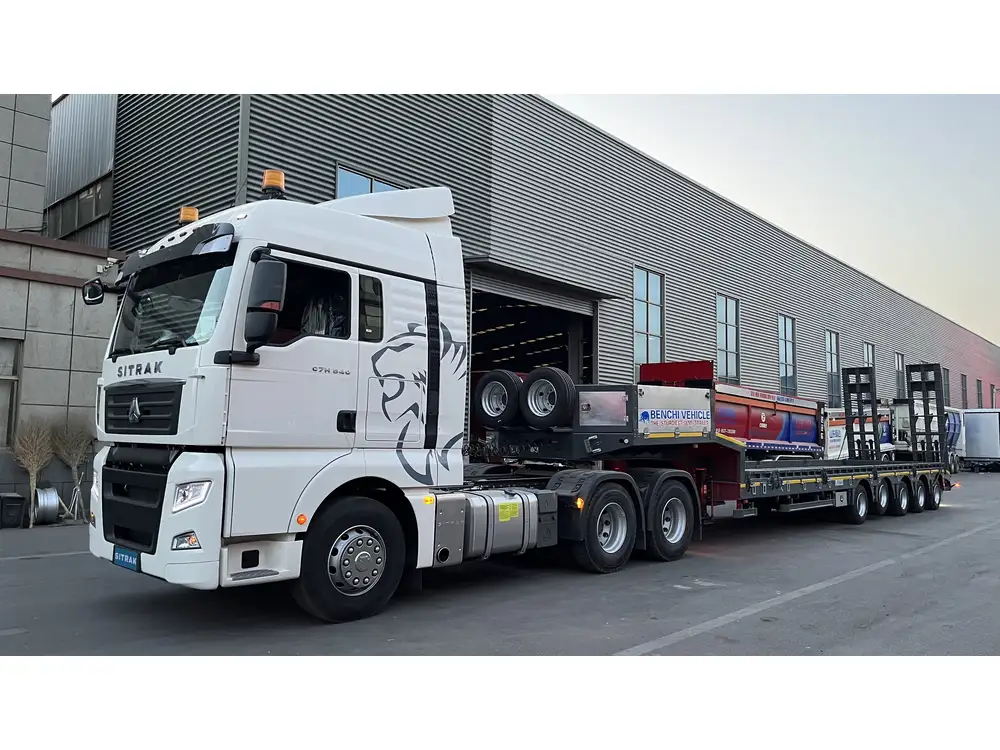
Price Ranges of Used Dump Trailers
Average Cost Analysis
- Standard Dump Trailers: On average, used standard dump trailers cost between $5,000 and $12,000 based on the factors mentioned.
- Heavy-Duty Models: Models designed for extreme loads can range from $12,000 to $25,000.
- Economical Options: Smaller or older models might be available for around $3,000 to $5,000 depending on their condition and specifications.
| Trailer Type | Average Price Range |
|---|---|
| Standard Dump Trailers | $5,000 – $12,000 |
| Heavy-Duty Models | $12,000 – $25,000 |
| Economical Options | $3,000 – $5,000 |
Hidden Costs and Considerations

Insurance Costs
Purchasing a used dump trailer typically entitles you to investment protection, often necessitating insurance coverage. Factors influencing insurance premiums may include:
- Type of Usage: Commercial use usually incurs heavier premiums than private use.
- Location: Areas prone to theft or damage may also lead higher costs.
Maintenance and Repairs
Historically, the average annual maintenance costs can range from $500 to $2,000, depending on usage and care. Planning for these costs in addition to the purchase price is crucial.
Licensing and Registration Fees
Many states require specific registrations for trailers. License fees can amount to a few hundred dollars, varying based on state regulations.

Tires and Accessories
Replacement or upgrade of tires, brakes, or other critical components potentially adds substantial costs, especially if seeking to enhance performance and safety.
How to Determine Value Before Purchase
Inspect Thoroughly
Conduct an in-depth inspection before committing to a purchase. Look for:
- Frame integrity
- Tire condition
- Hydraulic systems
- Electrical wiring (if applicable)
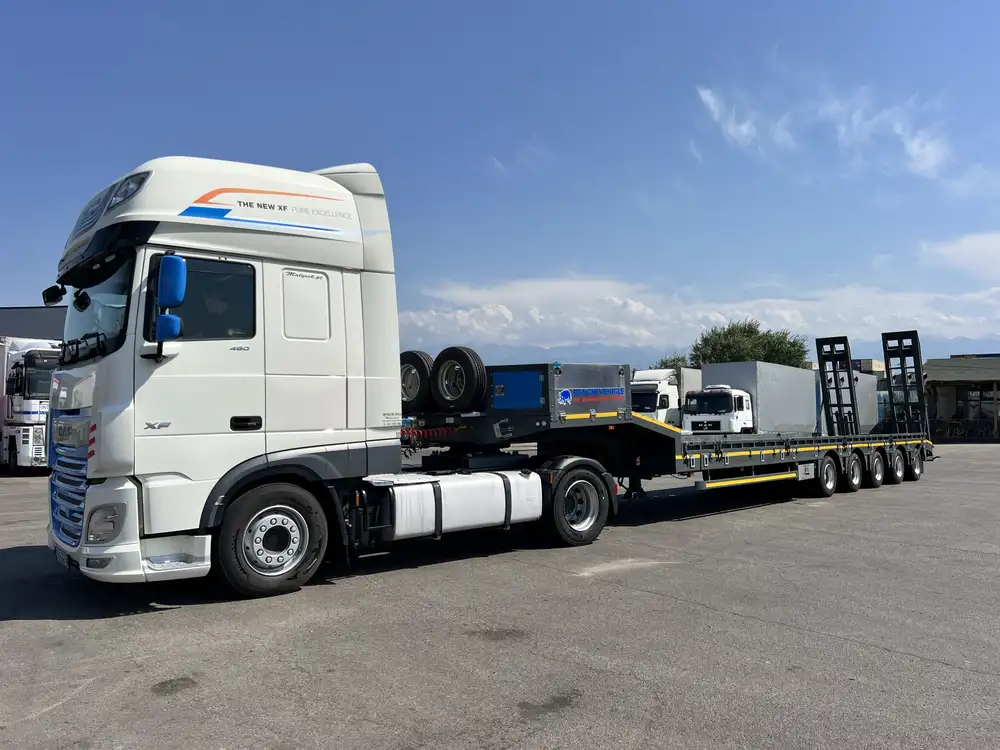
Check for Previous Use
Understanding what the trailer has been used for gives insight into its wear and tear:
- Was the trailer used primarily for light-duty tasks or heavy-duty hauling?
- Has it been involved in accident situations?
Verify Title and Ownership
Ensure that the title is clear. Any existing liens or other ownership issues can lead to complications post-purchase.
The Buying Process: Step-by-Step
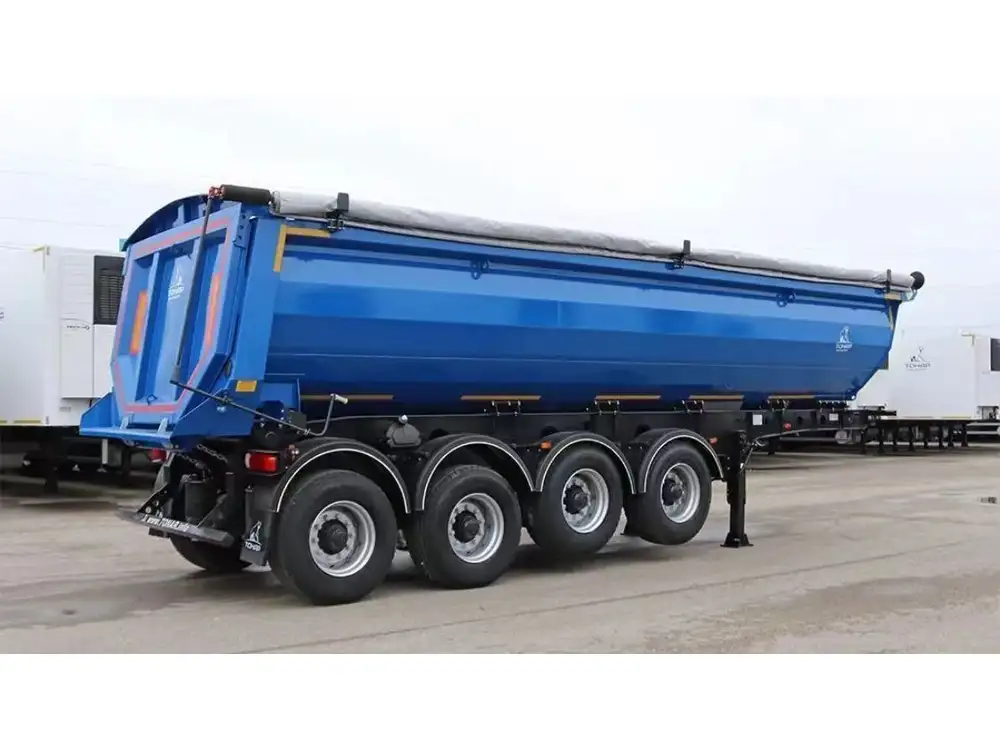
1. Set a Budget
Define a concrete budget considering initial purchase price and potential recurring costs including maintenance and insurance.
2. Research Available Options
Utilize online marketplaces, local dealerships, and auctions to gather a diverse list of available trailers within your budget.
3. Compare Listings
Compile a comparison table for easy evaluation.
| Brand/Model | Price | Condition | Location | Specs |
|---|---|---|---|---|
| Brand A Model X | $8,500 | Good | State A | 14,000 lbs |
| Brand B Model Y | $6,000 | Fair | State B | 12,000 lbs |
| Brand C Model Z | $5,000 | Good | State A | 10,000 lbs |
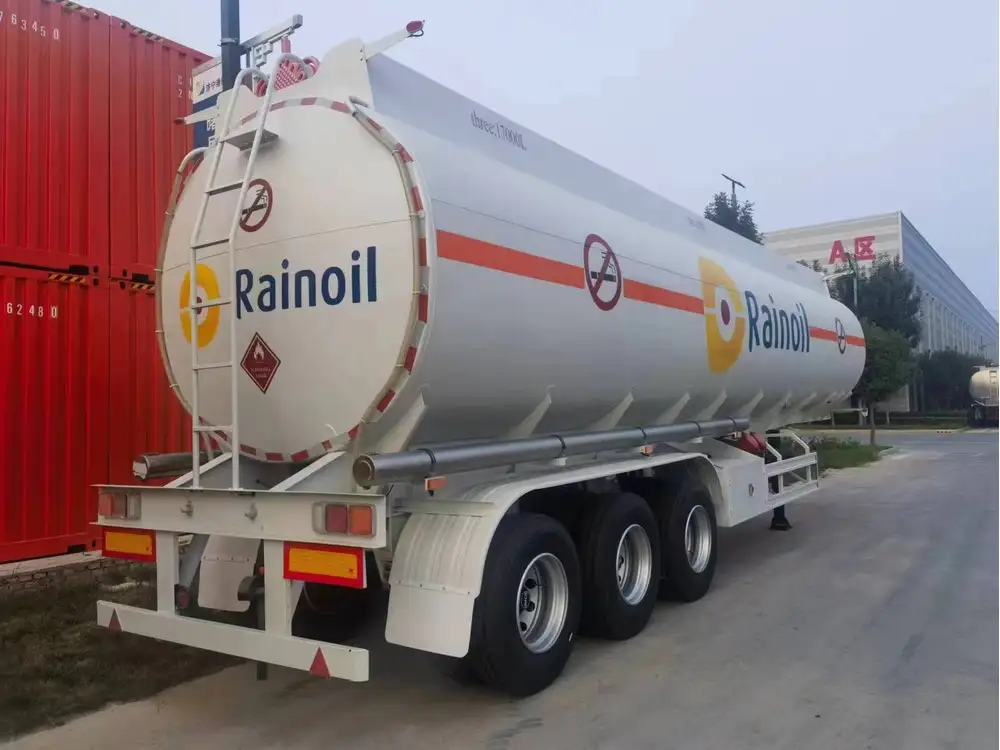
4. Schedule In-Person Inspections
After narrowing down options, arrange to inspect the trailers.
5. Negotiate the Price
Understand comparable market prices and be prepared to negotiate based on your research.
6. Finalize the Purchase
Once an agreement is reached, ensure that all paperwork, including title transfer and registration, is completed promptly.
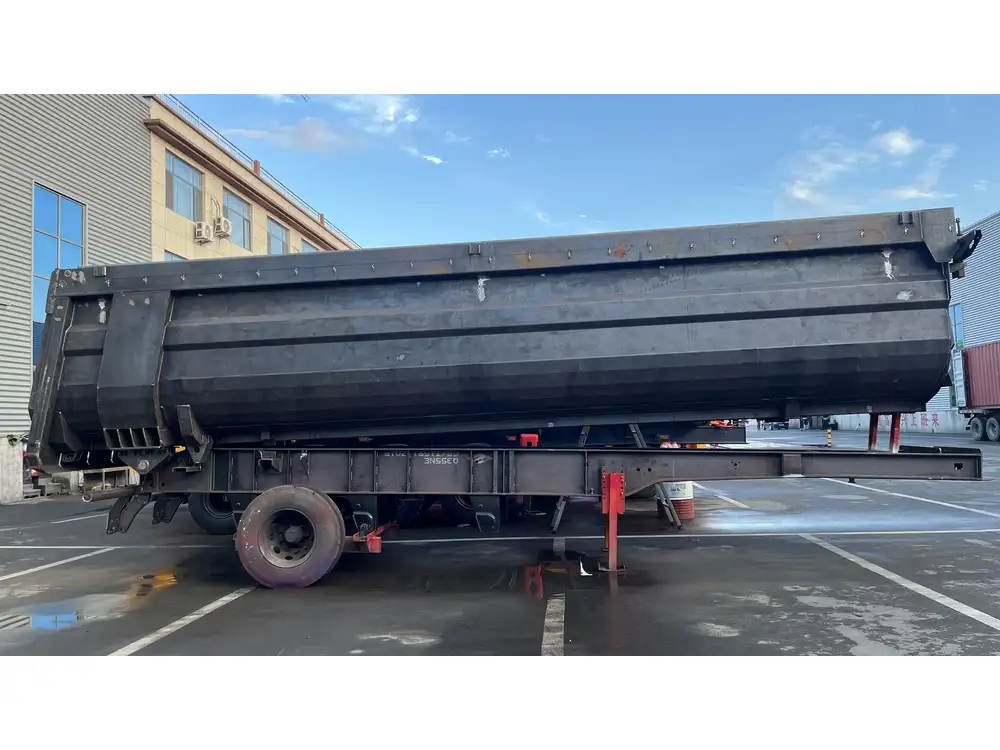
Industry Trends: What to Watch For
Technological Advancements
Innovations such as telematics, improved hydraulic systems, and weight distribution technologies are becoming prevalent, potentially impacting future values of both new and used dump trailers.
Eco-Friendly Options
With an increasing emphasis on sustainability, some manufacturers are starting to offer electric or hybrid dump trailers, which may drive future market trends and user preferences.
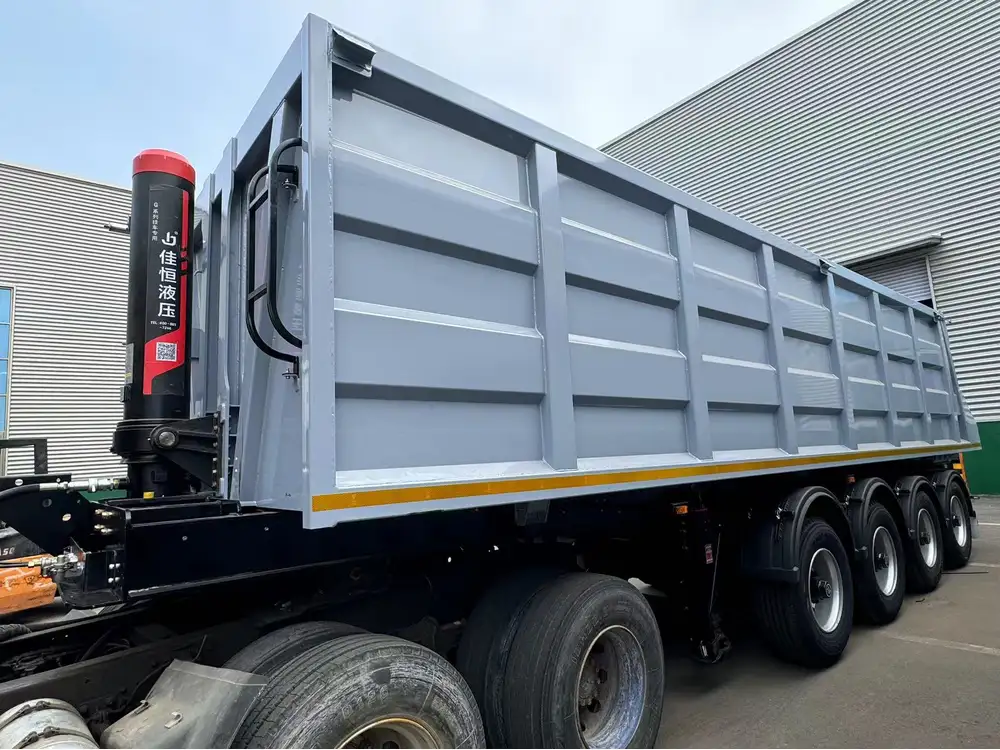
Regulatory Changes
Monitor potential changes in transportation and logistics regulations that could impact how heavy-duty equipment is utilized and maintained.
Conclusion
Purchasing a used dump trailer can be an intricate process with numerous variables affecting cost and overall value. Through diligent research and careful consideration, consumers can identify a trailer that meets their needs without overspending. Understanding the broader market context, evaluating hidden costs, and scrutinizing trailer conditions enable buyers to make astute decisions.
We encourage potential buyers to leverage this knowledge base as they navigate their purchase journey, ensuring that they secure a used dump trailer that fits both their operational needs and financial parameters. By doing so, they position themselves for success—utilizing quality equipment to enhance performance and productivity in their respective industries.



